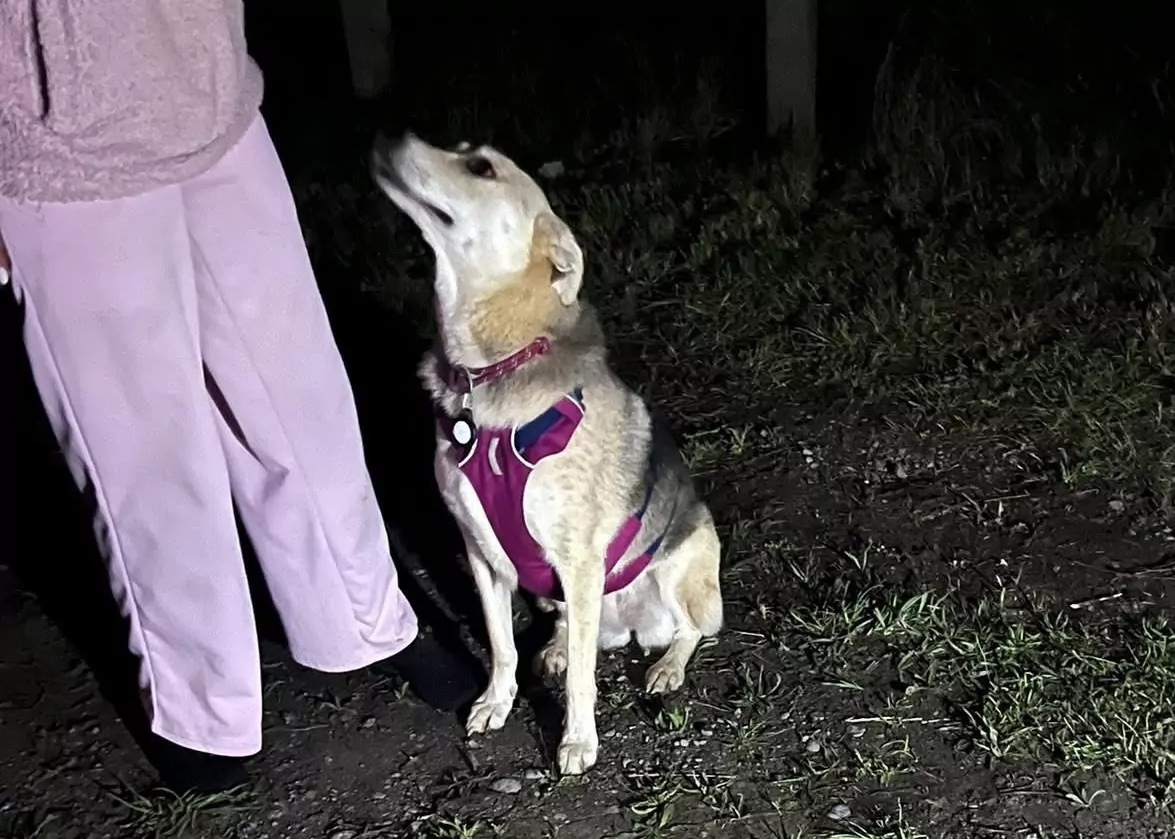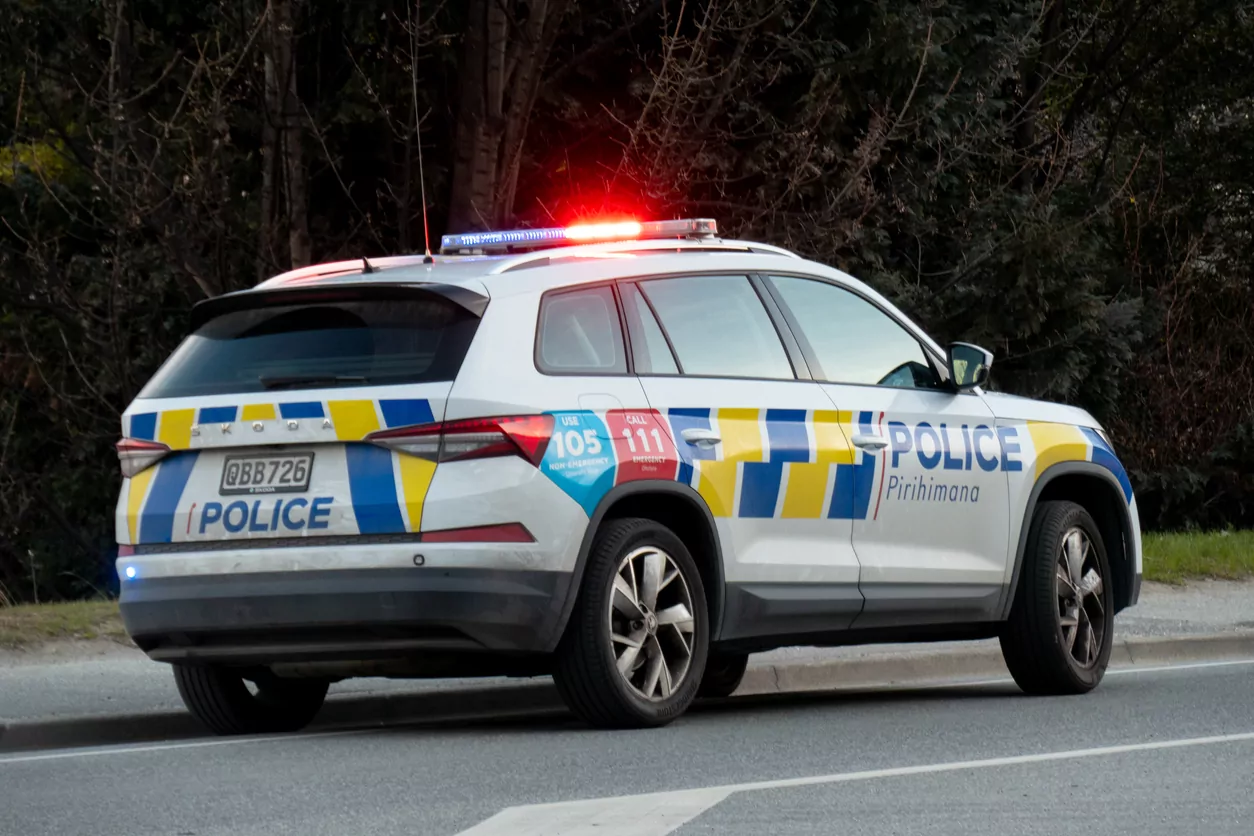Escaped youth tracked by Eagle helicopter, found hiding in New Brighton
The young person who escaped from a youth justice facility in Rolleston has been located...
The Broadcasting Standards Authority’s handling of Sean Plunket and The Platform has revealed a regulator that’s, well, just a bit bored.
Once tasked with upholding broadcasting standards, the Authority now resembles a self-appointed speech police, stretching its powers into the online world under a law written in 1989, before the internet even existed.
The BSA’s claim that it has jurisdiction over digital-only content is legally indefensible. In a provisional ruling, the Authority declared that “broadcasting receiving apparatus” now includes computers and mobile phones, and that “other means of telecommunication” includes the internet. In doing so, it has effectively rewritten the Broadcasting Act without the consent of Parliament.
Sean Plunket was right to call it a power grab. The Platform has operated as a digital-only talk channel for three years. It isn’t a “broadcaster” defined by law.
It doesn’t transmit by radio waves or television frequencies.
Yet the BSA insists it can investigate a complaint about a livestream in which Plunket described tikanga Māori as “mumbo jumbo.”
That complaint came from an activist offended by the remarks, not from a listener who suffered harm. The BSA’s decision to treat it as a potential breach of “standards” shows just how far it has drifted from regulating broadcasters to policing speech.
The hypocrisy deepened when BSA Chief Executive Stacey Wood dismissed Winston Peters’ criticism of the Authority as “a tad dramatic.” To belittle a Cabinet Minister while launching an unprecedented expansion of regulatory power is astonishing arrogance.
You cannot spend public money investigating two words uttered online and then accuse your critics of being dramatic.
The Free Speech Union warned the move was “a dangerous overreach.” Chief Executive Jillaine Heather said the BSA appeared intent on expanding its control to cover podcasts, online videos, and social media. Political commentator David Farrar called it “an outrageous secret power grab,” saying the Authority was trying to seize powers Parliament had deliberately withheld.
He’s right. The BSA has no legal mandate to regulate online content. Its attempt to reinterpret the Broadcasting Act to cover the internet would make every podcaster, YouTuber, and TikTok user a potential target for state censorship.
This isn’t about maintaining standards. It’s about controlling speech.


